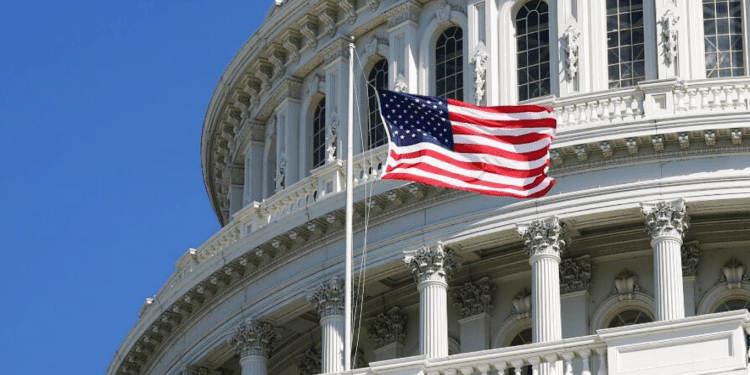- Congress voted on two bills with a better approach to regulated unlike the SEC
- In a 35–15 vote, the House Financial Services Committee approved the Financial Innovation and Technology for the 21st Century Act.
- Crypto adoption is happening all around the world, many countries integrating blockchain into their systems as they believe it will be the future.
Last week, the United States took a step closer to regulatory clarity for its crypto industry. In a 35–15 vote, the House Financial Services Committee (FSC) approved the Financial Innovation and Technology for the 21st Century Act. The bill is intended to establish rules for crypto firms on when to register with either the Commodity Futures Trading Commission (CFTC) or the Securities and Exchange Commission (SEC).
Meanwhile, the bipartisan Blockchain Regulatory Certainty Act, sponsored by Republican Representative Tom Emmer and Democratic Representative Darren Soto, also passed a vote in the FSC. It aims to set guidelines removing hurdles and requirements for “blockchain developers and service providers” such as miners, multisignature service providers and decentralized finance platforms.
Despite the progression of the acts, several lawmakers refused to support another proposed piece of legislation — The Digital Assets Market Structure Bill. Representative Maxine Waters condemned the bill for too closely heeding the calls of the crypto industry and ignoring regulatory guidance from the SEC.
The U.S. Senate also passed the $886 billion 2024 National Defense Authorization Act. Within the bill, a crypto-related amendment was advanced by a group of senators, including Cynthia Lummis, Elizabeth Warren, Kirsten Gillibrand and Roger Marshall. It will require establishing examination standards for crypto and compel the U.S. Treasury Department to perform a study aimed at cracking down on anonymous crypto transactions. This includes using crypto mixers like Tornado Cash, which are used to make transactions private.














